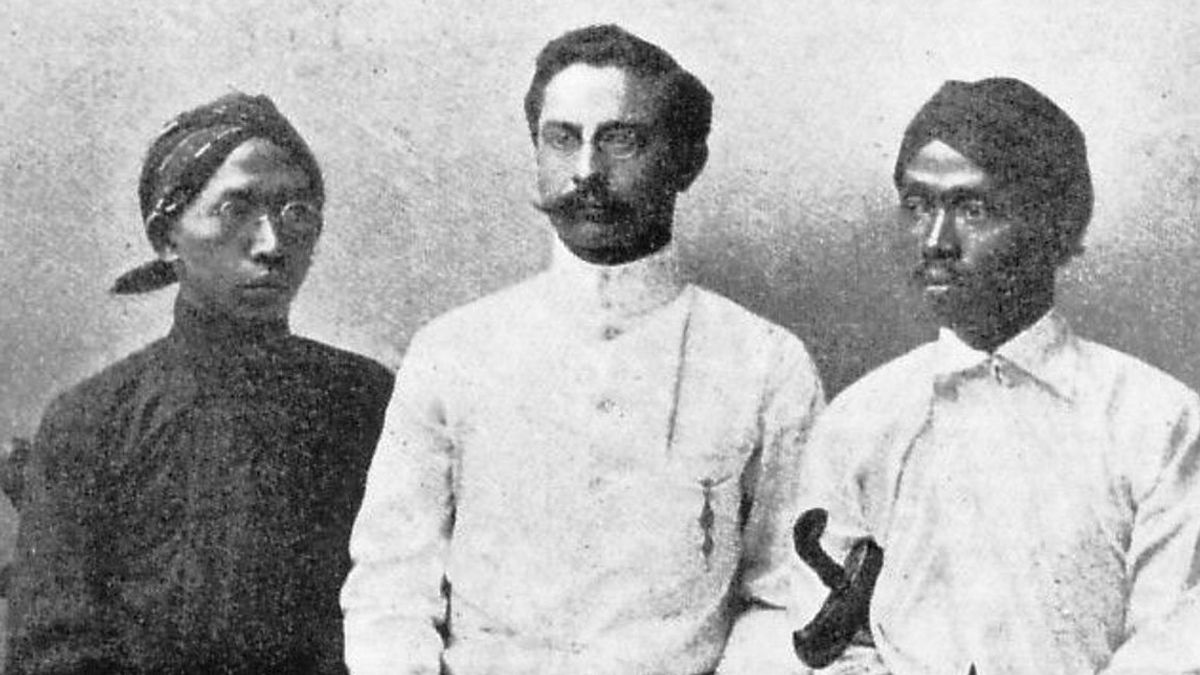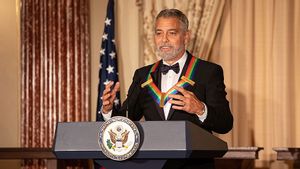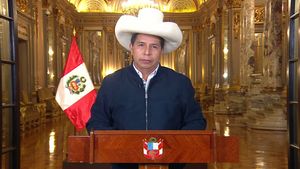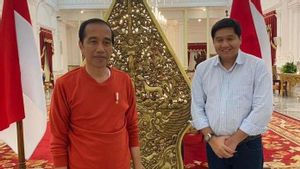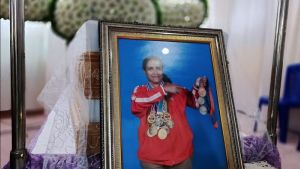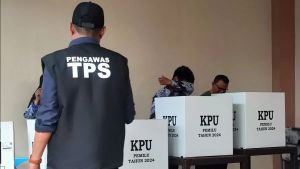JAKARTA - The Dutch colony was attracted by Tjipto Mangoenkoesoemo's intelligence. Tjipto showed this narrative when he took the exam to enter the Bumiputra Medical School, STOVIA. Tjipto was able to pass with the best score and get a scholarship.
Tjipto proved that the Netherlands did not choose the wrong one. He was able to become the best graduate of STOVIA, and he was even given a service certificate by Queen Wilhelmina. However, that does not mean that Tjipto's idealism can be purchased. Tjipto actually turned against the Dutch colonialists.
Luck accompanies Tjipto's little life. The man who was born in Pacangaan, Jepara was classified as part of the lucky natives. Tjipto was able to access education because his father was a teacher whose notabene priyayi was lowly.
The narrative made his family hope that Tjipto would grow into a smart person and raise the status of the family by working as an ambtear ( bumiputra staff who worked for the Netherlands). Tjipto was sent to school by his parents in Ambarawa.
The decision brought results. Tjipto's talent in understanding lessons and leadership is increasingly prominent. This condition made Tjipto pass easily from the European Lagere School (ELS). The graduation was even more successful with Tjipto's success in the Ambtenaar Klein exam with first place.
This success did not make Tjipto complacent. He told his parents that he had no intention of becoming an bumiputra employee, let alone working for the invaders. His family was shocked. The middle way was taken. His parents asked Tjipto to continue his education at STOVIA in Batavia (now: Jakarta).
Tjipto was asked to become a doctor. The profession is considered a way of success. Ulam's beloved peak arrives. Tjipto tried out STOVIA's entrance exam. He can enter with the best score. He then got a scholarship in 1899.
Tjipto did not waste this opportunity. He was able to carry out his role as a student well. Tjipto also used this study time to actively organize and hone sensitivity to the fate of his people colonized by the Dutch.
He entered Budi Utomo and knew many freedom fighters. Among others, Ernest Douwes Dekker and Soewardi Soerjaningrat (now known as Ki Hajar Dewantara). Tjipto also graduated from STOVIA in 1905.
Di Stovia itu, dia termasuk kelompok siswa terbaik: Hanya karena sifatnya itu sering terjadi bentrokan dengan penjaga di Stovia yaitu Papa Jeane, karena itu tidak menjujutkan karena Tjipto juga pernah berkur di ruang rat (seperti kamar isolasi) selama lima hari sebagai hukuman maksimal di pergurana itu. Talentnya yang besar segera segera juga diketahui oleh gurunya.
En begaafaleerling (a great talented student), the teacher said. Tjipto is a child who always shows sincerity and this can be seen from the look on his face. But that doesn't mean that he never laughed. If he laughes, it feels cool to anyone who is invited to laugh. At first glance, Tjipto looks as a quiet person. He is also the one who argues the most and gives speeches. Instead of going on a party, he prefers to read in his room or attend lectures, "explained Soegeng Reksodihardjo in the bookdr. Cipto Mangunkusomo (1992).
It may be that Tjipto has received scholarships from the Netherlands. However, that does not mean that Tjipto's actions actually made him support the invaders. Tjipto openly chose a position opposite the Netherlands.
Tjipto didn't care at all if the Dutch had given him a stamp from Queen Wilhelmina, Ridderkruis of the Oranjewa Order. An award for his role as a doctor who participated in fighting the pes outbreak in Malang in 1912.
Tjipto also chose to leave Budi Utomo who was too elitist. He then joined his comrades in arms, Ernest Douwes Dekker (DD) and Soewardi Soerjaningrat. The three known as Tiga Serangkai formed a political vehicle to fight the Dutch.
Indische Partij (Indies Party), his name. Tjipto also actively used the De Express newspaper medium belonging to the Indies Party as a propaganda funnel. His writings made the Dutch furious. Tjipto and the Indies were considered dangerous for the Dutch and Tiga Serangkai were exiled to the Netherlands 1913.
The narrative did not deter Tjipto. The punishment of exile actually made his guts burn. He continued to struggle to break the chain of colonialism in the colonial land. Even when he returned from exile.
Tjipto has struggled to become a mentor from freedom fighters like Soekarno. Tjipto continued to carry out this resistance activity until the Dutch were hot and isolated Tjipto for the second time to Banda Island in 1928.
This fact proves that the scholarship given by the Dutch did not make Tjipto lose his idealism in bringing Indonesia independent. The struggle continues, although he himself did not have the chance to see Indonesia be independent because he died on March 8, 1943.
SEE ALSO:
DD, Tjipto, Soewardi is the first generation of Indonesian nationalists who want the Dutch East Indies for the Dutch East Indies. The three of them both have a part in the same long-term project to build an independent and free Dutch East Indies/Indonesia. However, they understand this project as something much bigger than just reaching an independent Indonesia state.
"The creation of a human being who can say 'if I were' as in Soewardi's vision, and the revolutionary transformation of Javanese being a knight who can stand tall against the sport of power as in Tjipto's vision," said Takashi Shiraishi in the book 1000 Years of the Archipelago (2000).
The English, Chinese, Japanese, Arabic, and French versions are automatically generated by the AI. So there may still be inaccuracies in translating, please always see Indonesian as our main language. (system supported by DigitalSiber.id)
